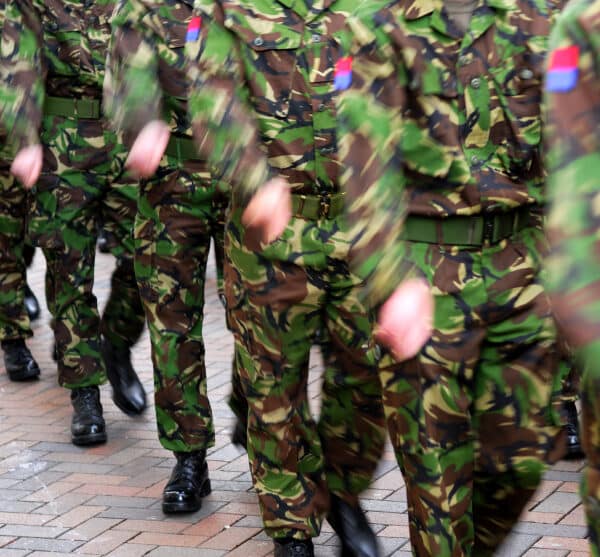 Another transformation
Another transformation
This week, the first 29 ‘vanguard’ areas were announced, aiming to take the national lead on transforming care for patients in England. The idea is to transform (again) local NHS services in this first wave of radical reforms aimed at preparing the health service for the increasing demands of an ageing population. NHS England Chief Executive Simon Stevens’ five-year plan for the NHS has been widely welcomed, but this is another significant reorganisation of the health service, and only two years after then Health Secretary Andrew Lansley’s controversial overhaul led to considerable disruption.
Why ‘vanguards’?
I thought it was interesting to use a military term for this new era for the NHS, but considering what it aims to achieve it’s spot on really. The vanguard (also known as the advance guard) is the leading part of an advancing military formation. It makes sense that it’s being used to describe a group of people leading the way in new developments or ideas. Mr Stevens said the “vanguard” areas would bring about change from the bottom up, led by “frontline” NHS staff.
What will they do?
The strategy is for those groups who put forward the most innovative plans to redesign care in key areas to develop local health and care services to keep people well, and to bring home care, mental health and community nursing, GP services and hospitals together. Some examples of the work to be undertaken include cancer and dementia specialists and GPs working in new teams; single points of access to social and mental health services; and access to tests, dialysis or chemotherapy much closer to home.
Vanguards aren’t really a new concept though. A lot of this important and innovative work already goes on in some local areas but hasn’t been formally acknowledged or developed into a consistent format with specific support packages, to evaluate and seek evidence on what works, to be shared with other localities and eventually across the whole country.
Game-changing care models
The vanguards will take the national lead on the development of game-changing care models:
- multispecialty community providers (MCPs) – moving specialist care out of hospitals into the community;
- integrated primary and acute care systems (PACS) – joining up GP, hospital, community and mental health services, and;
- models of enhanced health in care homes – offering older people better, joined up health, care and rehabilitation services.
Mr Stevens has responded to critics who feel that the new localised plans would ‘Balkanise’ the NHS. I certainly feel there is already a significant amount of work going on at the moment to create cohesive working between GP practices and local ‘neighbourhood teams’ to reduce hospital admissions and improve care in the community. I don’t feel this is in any way going to fragment the necessary work or the teams who are developing these services.




